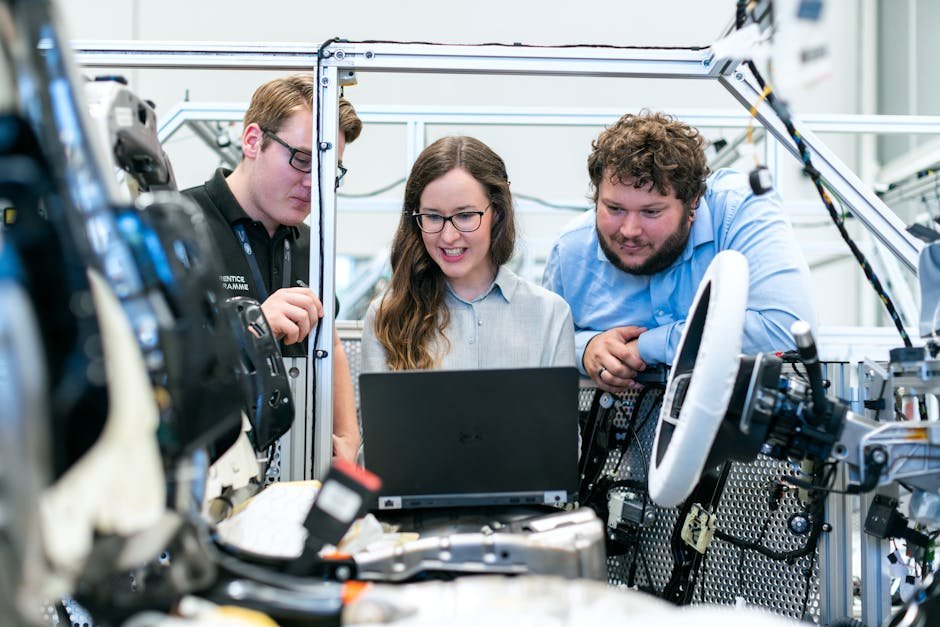Revolutionizing the Road: The Role of BMS Integration in Next-Generation Automotive Design
In the fast-paced world of automotive innovation, one technology stands out as a key player in transforming the driving experience: Battery Management System (BMS) Integration. As vehicles evolve to meet the demands of tomorrow, BMS Integration takes the center stage, enhancing performance, safety, and efficiency. Join us on a journey through the revolutionary role of BMS Integration in shaping the future of automotive design.
The Evolution of Automotive Design
The landscape of automotive design has witnessed unprecedented advancements over the decades, with technological innovations constantly reshaping the way we interact with our vehicles. From the early days of simple mechanical systems to the era of smart cars and electric vehicles, the industry has continually pushed boundaries to enhance performance, safety, and user experience.
In this dynamic environment, Battery Management System (BMS) Integration emerges as a pivotal technology that not only monitors and regulates the battery's health but also integrates seamlessly with the vehicle's overall system. By optimizing energy consumption, BMS Integration plays a crucial role in maximizing the efficiency and longevity of modern automotive powertrains.
As automakers strive to deliver sustainable mobility solutions, the BMS integration serves as a linchpin in achieving optimal energy utilization and eco-friendly operations. The evolution of automotive design is intricately entwined with the integration of advanced technologies like BMS, marking a transformative shift in the way vehicles are conceptualized and engineered.
From improving battery performance to enabling sophisticated energy management strategies, BMS integration is paving the way for next-generation vehicles that are not only efficient but also environmentally conscious. As the automotive landscape continues to evolve, the seamless integration of BMS technology will undoubtedly define the future of mobility.
Empowering Vehicles Through BMS Integration
Empowering vehicles with cutting-edge technologies is essential to meet the ever-growing demands for enhanced performance, safety, and sustainability. BMS Integration plays a fundamental role in this transformation by optimizing battery performance, safeguarding against faults, and ensuring a responsive and efficient power delivery system.
The intelligent integration of BMS technology enables real-time monitoring and control of the battery pack, allowing for precise management of energy flow within the vehicle. This not only enhances driving range and efficiency but also contributes to the overall safety and reliability of the vehicle on the road.
Moreover, BMS integration empowers automakers to implement sophisticated energy-saving features, predictive maintenance capabilities, and adaptive power distribution systems. By leveraging the insights provided by BMS technology, manufacturers can design vehicles that offer unparalleled performance while reducing their environmental footprint.
In the realm of next-generation automotive design, BMS integration serves as a critical enabler of innovation, allowing for integrated solutions that address the complex challenges of modern mobility. As vehicles continue to evolve into intelligent, connected platforms, the role of BMS technology in revolutionizing the road ahead cannot be overstated.
With BMS integration at the helm of automotive innovation, we are witnessing a paradigm shift towards smarter, cleaner, and more efficient vehicles. The seamless fusion of power management, data analytics, and vehicle performance through BMS technology promises to redefine the driving experience and chart a new course for the future of automotive design.
As automotive design continues to push boundaries, BMS integration remains at the forefront, driving progress, efficiency, and sustainability on the road. By seamlessly intertwining power management and vehicle control, BMS integration is steering the automotive industry towards a brighter, more connected future.

